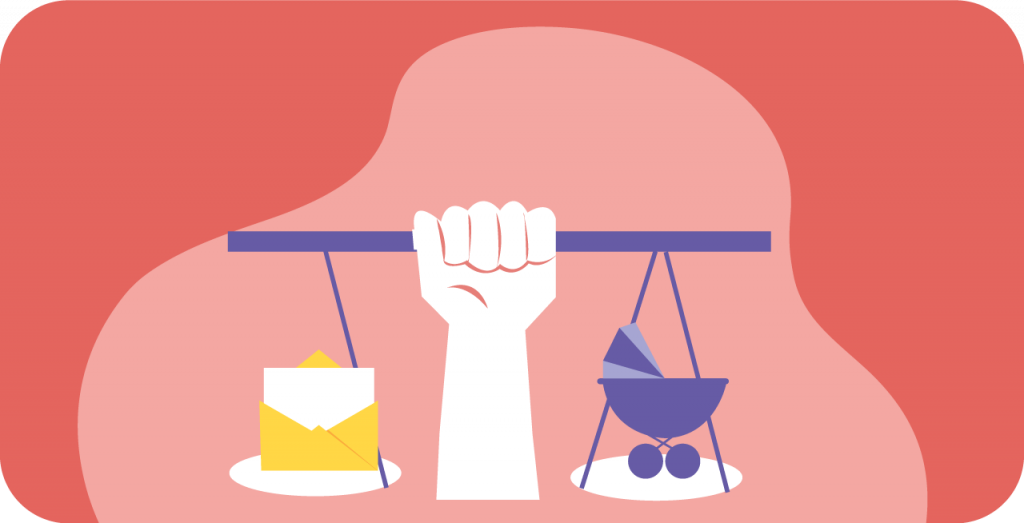What Makes Touch a Powerful Communication Tool… And How to Use it Well!
“I was touched by his kindness”, “this story is so touching”, “let’s stay in touch” “get in touch with yourself” – such phrases are commonly used when we want to express a deep positive sentiment. Touch is such universal language, that when words fail, it still maintains communication and connection.
A simple brush of a finger, a firm handshake, touching someone’s feet, a warm hug, a tumble and pillow fight with a sibling, jumping on each others back when a goal is scored or having sex; touch is an expression of many emotions!
Here are a few reasons why you should learn the powerful language of touch and use it more often!
- Remember someone holding your hand when you are sad? That soothing secure feeling, that sense of being valued and loved, that sudden rush of tears maybe, or a release of the tense breath you might have been holding for the longest time, quietly turning into a sigh of relief? A touch can not only soothe and excite the nerves, it also enhances the experience of any emotion, by making it a complete experience.
Elaine Mayland, the author of The Rosen Method : An approach to wholeness and well-being through the body writes, “Emotional release and muscular release are interdependent – one does not occur without the other.”
- Touch can help us understand the person as well as the situation we are dealing with. It is not a judgment, but a good reliable reference. It helps us determine the nature of a relationship. For instance – the kind of handshake will decipher the nature and amount of confidence you would have in a person. If the handshake is firm and confident, it would be easier to have faith in the other person.
- Touch can increase the intensity and intimacy in a given relationship. The comfort to hug someone establishes the trust and ease we feel around that person.
- Touch can heal as well as celebrate. It reduces pain and enhances joy. A gentle stroke on one’s head can reduce anxiety and a high-five after a person has hit a century on the cricket field can express and increase the sense of achievement.
- The consequences of touch deprivation in early childhood can be devastating.To exemplify, a king in the 13th century wanted to study the development of language in children. He separated a few infants from their mother’s care. These children were fed and provided for, but not picked up, rocked or stroked.Sadly, the experiment had to be aborted prematurely because all of these babies died. Such experiments cannot be replicated due to ethical reasons. But this was a significant finding to establish the role of touch even in an infant’s physical growth and well-being. It affects not only the stress and relaxation response of the body, but also hugely impacts the immunity and digestion of an infant. Another experiment was done in a psychological lab to study attachment in baby monkeys. Bottles to feed children were wired on a wired monkey and a cotton monkey model was also kept in the room. When hungry, the baby monkeys would go to the wired monkey, drink milk and return back to the cotton monkey, run around it, over it or just snuggle to sleep near it.
In short, touch is the only experience that makes an experience complete. It soothes, heals, warms, celebrates, enhances growth, and strokes intellectual development as well. It is a complete expression.
I like what the inspiring Olympic gold medal winner Kristin Armstrong says –
“Life is too sweet and too short to express our affection with just our thumbs. Touch is meant for more than a keyboard.”
So, get up and go, and touch someone’s heart today!






